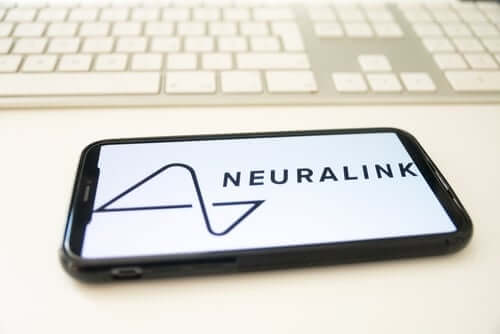On Wednesday, Elon Musk’s neurotech startup Neuralink revealed the first person with its brain-computer interface (BCI) who could move a mouse and play chess on a computer.
29-year-old Noland Arbaugh was the first human patient to be implanted with the company’s chip. The Fremont-based firm is working on a BCI that will aid people with serious paralysis in operating external devices solely through neural signals.
The startup’s device is designed to interpret brain signals and convert them into commands for external technologies.
When functioning correctly, individuals suffering from severe degenerative conditions such as amyotrophic lateral sclerosis (ALS) could potentially utilize their thoughts to send texts or browse social media platforms.
Musk revealed Neuralink’s first product, Telepathy, on X in January.
In a live stream on Wednesday, Arbaugh stated that he developed quadriplegia due to a diving accident eight years ago. He said the surgery to implant the chip involved removing a piece of their skull to insert electrodes directly into their brain tissue.
The surgery was smoothly done, according to Arbaugh, and he was discharged from the hospital the following day.
The 29-year-old patient described the test as not perfect and that they had some problems. He emphasized that it should not be perceived as the end, as there is still much to be done.
Despite the challenges, Arbaugh said the experience was already life-changing for him.
Healthcare Professionals Have Mixed Views on Neuralink’s BCI
Healthcare professionals have mixed sentiments towards Neuralink’s BCI and cautioned the public to remain skeptical about the technology.
According to Dr. Nader Pouratian, the functions showcased on Neuralink’s BCI live stream were not new, as the research and development efforts of such a device have been ongoing for years.
Pouratian noted the buzz around BCIs, but he also acknowledged numerous real-life hurdles, such as the approach to decoding brain signals and ensuring their effectiveness.
Pouratian believes that transparency regarding innovation from academia and the computer-based system industry is crucial for progress in the field.
On the other hand, Dr. Marco Baptista expressed optimism over the potential of Neuralink’s technology. He stated that BCI technology may have a positive impact on patients but still advised some skepticism over the company’s system, as with all emerging devices.











